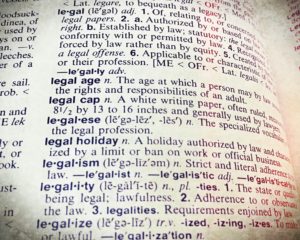
Some time ago, I created a grid comparison that addressed the differences between the various iterations of investment crowdfunding. In the US, there are effectively three different securities exemptions, created by the JOBS Act of 2012, that allow issuing business to raise capital online by selling securities. These include Title II or Regulation D 506c, Title III – Regulation CF, and Title IV – Regulation A+.
The original version comparison grid, widely duplicated, was created prior to all of the regulations were finally implemented. Additionally, it did not include ongoing reporting requirements – an important aspect that both issuers and platforms must comply with to maintain good standing with the Feds.
Recently, a friend of mine requested information regarding the US crowdfunding securities exemptions. I thought it was worthwhile to dust off the old grid and update it to better reflect the final rules.
Since the first exemption became actionable in 2013 (Title II), a nascent industry has emerged with hundreds of million of dollars being raised for early to mid stage companies along with real estate investment opportunities. While the industry is still young and evolving – and Congress may update certain aspects of these rules, this grid is designed to be a good touchstone overview of what is necessary to remain compliant.
This is intended to be a quick reference and doesn’t go into the nitty gritty details, but it should provide a general understanding of the major differences between the regs and an indication as to which one or combination of provisions might be appropriate for a given issuer.
Additional information may be viewed here.
 Georgia P. Quinn is a Senior Contributor for Crowdfund Insider. She is also the CEO and co-founder of iDisclose, an adaptive web-based application that enables entrepreneurs to prepare customized institutional grade private placement documents for a fraction of the time and cost. iDisclose users may file Form C’s and Form C-AR automatically with the SEC. Georgia also serves as of counsel at a leading law firm in crowdfunding, Ellenoff, Grossman & Schole, specializing in facilitating financial transactions and compliance with JOBS Act regulations.
Georgia P. Quinn is a Senior Contributor for Crowdfund Insider. She is also the CEO and co-founder of iDisclose, an adaptive web-based application that enables entrepreneurs to prepare customized institutional grade private placement documents for a fraction of the time and cost. iDisclose users may file Form C’s and Form C-AR automatically with the SEC. Georgia also serves as of counsel at a leading law firm in crowdfunding, Ellenoff, Grossman & Schole, specializing in facilitating financial transactions and compliance with JOBS Act regulations. 
